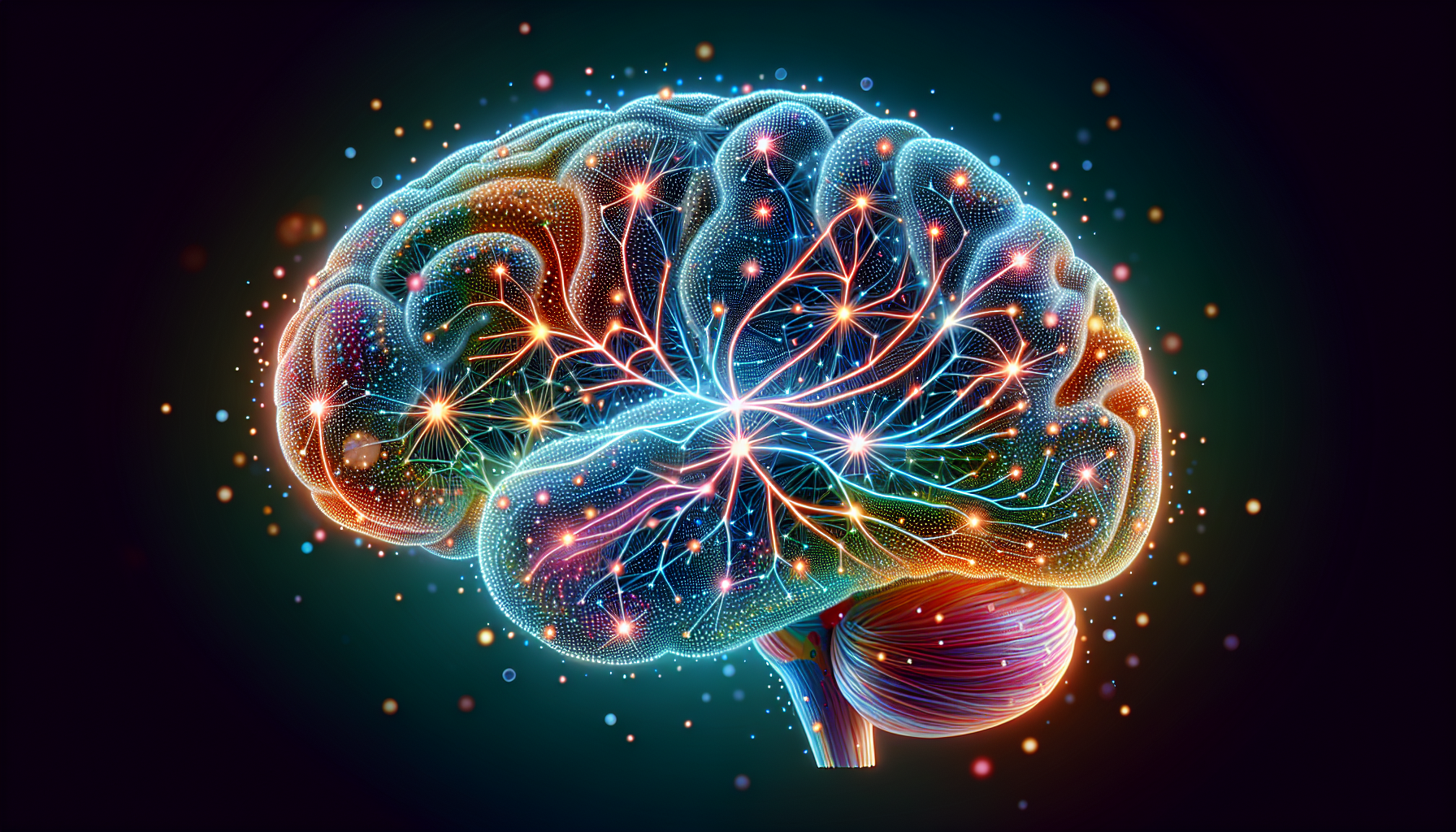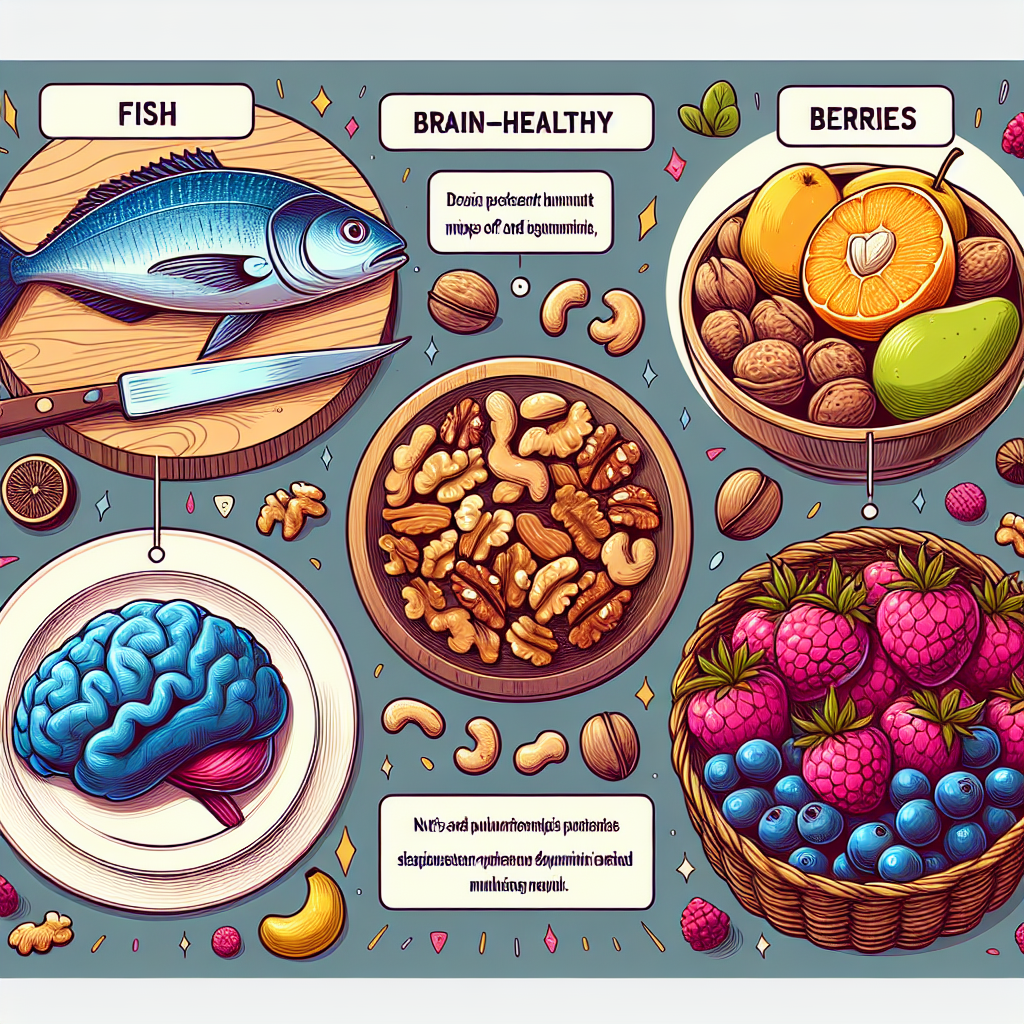The journey of maintaining and enhancing brain health is a lifelong endeavor. It is an intricate dance of genetics, lifestyle, and environment, and striking the right balance can lead to a resilient and agile mind. From the synapse to the broader neural networks, every aspect of our brain is dynamic, constantly remodeling and adapting to the world it navigates. This article endeavors to shed light on the pivotal practices and lifestyle choices that contribute to optimal brain function, drawing from the latest scientific insights and health strategies.
The Foundation of Brain Health
Brain health underpins our cognitive abilities, emotional well-being, and overall quality of life. It is, therefore, essential to understand the foundation upon which brain health is built. This foundation includes a range of factors from nutrition and exercise to sleep and stress management. Before delving into the specifics, it’s important to recognize the comprehensive resource available on brain health, which provides an in-depth exploration of the subject.
Nutrition: The Brain’s Fuel
The adage "you are what you eat" holds profound truth when it comes to brain health. Holistic nutrition provides the brain with the essential nutrients required for its optimal function. Omega-3 fatty acids, antioxidants, and vitamins are just a few of the critical components of a brain-healthy diet. For more information, the article on Optimizing Brain Health Through Holistic Nutrition offers valuable insights into how dietary choices can enhance cognitive function.
Lifelong Learning and Neuroplasticity
The brain’s ability to reorganize itself by forming new neural connections throughout life is known as neuroplasticity. Engaging in language learning, for instance, can have a significant impact on the brain’s plasticity. Those interested in how learning new languages can stimulate the brain can find more information in The Impact of Language Learning on Brain Plasticity.
Mindfulness and Stress Management
Chronic stress has a deleterious effect on brain health, contributing to memory problems and cognitive decline. Mindfulness and meditation are powerful tools in stress reduction, helping to preserve brain health and function. The practice of mindfulness meditation can lead to structural changes in the brain, enhancing cognitive resilience. For an in-depth look at these practices, the article on Mindfulness Meditation Practices for Cognitive Resilience is a must-read.
The Role of Sleep in Brain Health
Sleep is not merely a passive state but a critical period for the brain to consolidate memories and repair itself. Disrupted sleep patterns can lead to cognitive impairments and have been linked to an increased risk of neurodegenerative conditions. Readers can explore the critical relationship between sleep and cognitive health in the article on Sleep Patterns and Their Impact on Cognitive Health.
Physical Exercise: A Brain Booster
Physical activity is not only good for the body but also vital for the brain. Exercise increases blood flow to the brain, which supplies it with oxygen and nutrients while also promoting the production of neurotrophic factors that support neurogenesis and synaptic plasticity. To understand how fitness intertwines with brain health, one should consider the wealth of information available on fitness.
Cognitive Engagement and Mental Exercise
Just as physical exercise strengthens the body, mental exercise can strengthen the brain. Engaging in challenging brain games and cognitive tasks can enhance cognitive function and may even delay the onset of dementia. The article on Cognitive Enhancement Through Challenging Brain Games elaborates on the benefits of keeping the brain active and engaged.
Advanced Strategies for Brain Health
As science progresses, new technologies and strategies emerge to further support brain health. For instance, advances in neuroimaging allow for a more nuanced assessment of brain health and function, providing insights that can guide personalized health strategies. Interested readers can delve into these advancements with the article Advances in Neuroimaging for Brain Health Assessment.
For those looking to explore the gut-brain axis and its implications for mental wellness, the detailed exploration in Exploring the Gut-Brain Axis for Mental Wellness provides valuable insights into how our digestive health can impact cognitive function.
External Resources for Further Reading
Staying informed about brain health requires consulting a variety of high-quality resources. Below are several niche and specific resources that support and extend the points made in this article:
- The National Institute on Aging provides a resource that covers cognitive health in older adults, offering research-based information on how cognition changes with age and what can be done to maintain brain health.
- BrainFacts.org is an authoritative source of information about the brain and nervous system for the public, providing articles, multimedia, and educational materials produced by experts in the field.
- The Dana Foundation offers an article on how to keep your brain healthy, discussing various strategies backed by scientific research.
- Experts at Harvard Health Publishing provide a list of 12 ways to keep your brain young, touching on various lifestyle changes and habits that can contribute to improved brain health.
- The Global Council on Brain Health offers evidence-based recommendations and reports on brain health topics, aiming to help adults age well.
In conclusion, promoting brain health across the lifespan is a multifaceted challenge that requires a proactive and informed approach. By incorporating sound nutrition, regular physical and mental exercise, stress management practices, and by staying engaged with the latest advances in brain health research, individuals can foster their cognitive resilience and enjoy a higher quality of life well into their senior years.



